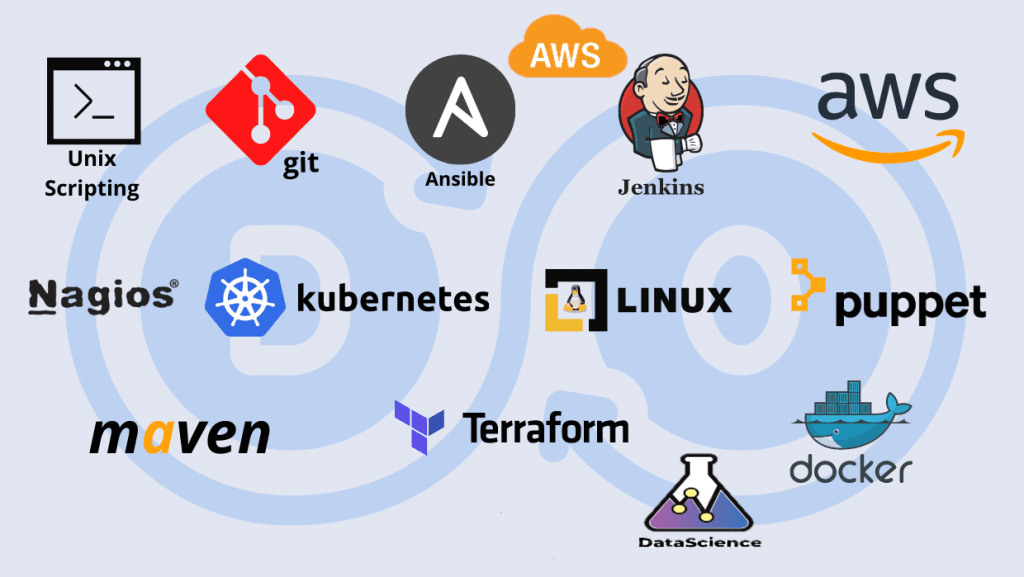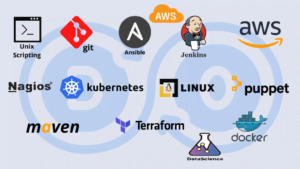How to Use AWS to Optimize Your Business Operation efficient
How to Use AWS to Optimize Your Business Operation efficiently
As the world of technology continues to evolve, businesses are increasingly relying on cloud computing services to streamline their operations. Amazon Web Services (AWS) stands out as one of the most widely embraced cloud platforms. If you’re new to AWS or looking to expand your knowledge, you’ve come to the right place. In this post, we’ll cover everything you need to know to get started with AWS and how it can benefit your business.

Why Choose AWS?
AWS boasts remarkable scalability as one of its greatest strengths. Whether your business needs to store massive amounts of data or host a high-traffic website, AWS has the tools to handle it. In addition to storage, computing, networking, databases, and analytics, AWS provides a diverse array of services. This level of versatility allows businesses to tailor their cloud infrastructure to their specific needs.
Another major benefit of AWS is its cost-effectiveness. With AWS, businesses only pay for the resources they use, eliminating the need for costly upfront investments in hardware and software. AWS also offers a range of pricing models, including pay-as-you-go, reserved instances, and spot instances, allowing businesses to choose the pricing model that best suits their needs and budget.
Revolutionizing the Game: AWS, DevOps, ML, DL, Data Science, Big Data
Getting Started with AWS
Before you can start using AWS, you’ll need to create an account. Once you’ve created an account, you can log in to the AWS Management Console. From there, you’ll have access to all of the AWS services and tools.
One of the first things you’ll want to do is choose your data center location. AWS has data centers all over the world, allowing you to choose the location that best suits your needs. You can also configure your security settings, set up your virtual private cloud (VPC), and start launching instances.
Virtualization 90 Minute Demonstration Crash Free udemy Cour
the secrets of virtualization in just 90 minutes with comprehensive course! practical skills real-world applications for VMware vSphere, Microsoft Hyper-V, AWS.
Conclusion
By now, you should have a better understanding of what AWS is and how it can benefit your business. While there is a lot to learn, AWS is a powerful tool that can help streamline your operations and save you money. Whether you’re just starting out or looking to expand your knowledge, AWS is a valuable skill to have in today’s technology-driven business world.






